Water storage method plays an important role in ensuring water purity. Built-in plastic tanks in traditional countertop systems have caused questions about plastic leaching and water contamination. Using external glass carafe-which provides cleaner water by removing the risk of plastic contaminants-is a better solution. The drawbacks of traditional built-in plastic tanks-such as cleaning difficulties and possible health hazards-will be broken out in this paper, along with the benefits of choosing external high-borosilicate glass carafe. We will go over how this modification improves water quality, streamlines maintenance, and fits with environmentally responsible methods while still making sure fresh water is easily accessible at your will.

Understanding the Built-In Tank Mechanism
Designed to operate without drawing on the water lines of your house and the bulky pressure tanks used in undersink models, countertop RO systems are made for convenience. Usually using a water pump drawing and pressurizing the still water from an feed water reservoir, these systems start countertop reverse osmosis filtration. The pressure-driven filtration ramps up the feed water to optimal pressure, forcing the only water molecules through the semi-permeable RO membrane and leaving impurities behind. But spatial restrictions on counters force both the water pump and the filter element in these machines to be small. Slower water output follows from this essential downsizing. To solve this problem, the countertop machines employs two different tactics.
Most countertop models have plastic tanks built in to store pre-filtered water and speed up the dispensing process at the cost of water quality. This plan sacrifices real-time filtering in exchange for dispense rate. On the other hand, this has some problems. Leaving water in these tanks for a long time can make the water more likely to become contaminated, since standing water can bring back pollutants that lower the quality of the water.

Bluevua, on the other hand, doesn't allow built-in tanks, which address the problem of secondary plastic waste. Bluevua's innovative external glass carafe comes with a user-centric design; they acknowledge that what customers care about is not the flow rate of water but waiting time; hence, their ROPOT series offers an external water storage feature that allows multitasking-enabling users to attend to other tasks after pressing one button to start a water filtration process without the waiting by the system. Furthermore, this innovative design gives health and well-being top priority by guaranteeing water purity, offering both peace of mind and simplicity of use free from compromise of water quality. For those who value their time and well-being, Bluevua is a unique choice because of its dedication to combining efficiency with immaculate cleanliness.
What Are the Risks of Using Built-In Plastic Pure Water Tanks?
- Cleaning Is Not Simplified: They cannot be disassembled, which complicates the cleaning process and can promote bacterial growth.
- Water Doesn't Stay Fresh: They store water for long periods, potentially impacting taste and freshness negatively.
- Chemical Contamination Is a Risk: They are often made from plastics that may leach harmful chemicals into the water over time.
- Health Concerns Are Elevated: They carry the risk of long-term health issues due to continuous exposure to microplastics and other contaminants.
- Maintenance Can Be Cumbersome: They offer limited options for easy maintenance or part replacement, making it challenging to ensure water purity.

How External Glass Carafes Enhance Water Quality
Changing Water Storage
Phased out of built-in plastic water tanks during the product development stage, Bluevua has pioneered a notable change in improving the water filtration process and water storage methods. Rather, they have used a results-oriented innovation, using high-borosilicate glass carafes. This change guarantees that freshly filtered water flows directly into the glass carafe that eliminates the possibility of secondary pollution, therefore preserving the purity and freshness of the water from the filter until the glass.
Overcoming Technical Challenges
- Stabilizing RO Membrane Performance: Bluevua assembled tens of thousands of data and did numerous tests to address the variance in reverse osmosis (RO) membrane output. Then, they created a well-tuned electronic control system that controls the flow rate, therefore ensuring an increasingly steady supply of pure water.
- Reinventing Liquid Level Sensing: The new glass carafe design conflicts with the traditional liquid level sensors meant for plastic tanks. Bluevua's answer was to create a system guaranteeing exact control over the volume of water cleaned by means of flow meters offering real-time feedback.
- Innovative Component Integration: Patent designs addressed issues such as merging the self-priming pump, air valve, and remineralization filter, thereby enabling all these components to run perfectly with the external glass carafe.
Commitment to Simplicity and Purity
Although other companies still depend on conventional built-in plastic tanks, Bluevua's decision to employ glass for outside water storage is evidence of its commitment to providing a simplified and better drinking experience.
Hidden Plastic Tanks vs. External Glass Carafes
Multitasking Convenience
External glass carafe wins! Because it not only lets customers participate in other activities while the water is being filtered, in line with the modern, hectic life. The convenience guarantees that fresh RO water filtering on demand does not cause everyday activities to be disrupted. It also solves the hidden danger of hidden plastic tanks.
Simplified Maintenance
External high borosilicate carafes turn maintenance from a chore into a triviality. These carafes are meant for simple cleaning-just a fast rinse or dishwashing cycle will do-and you're done. This simplicity of cleaning is one obvious improvement from the sometimes tedious maintenance needed for built-in tanks.
Assured Freshness and Purity
Using an external carafes guarantees the quality of water since it filters it only on demand. Water in external carafes is less likely to be compromised than still water that might sit in a hidden plastic tank, so freshness and safety are guaranteed with every pour.
Eco-Friendly Choice
Choosing high borosilicate glass carafes above built-in plastic tanks helps the environment. These glass carafes show a dedication to environmentally sustainable living by lowering microplastic contamination and providing a strong, long-lasting substitute.

Choose Glass for Pure Water Today
From covert plastic tanks to exterior high borosilicate glass carafes, water filtering innovation has essentially developed greatly. This change not only answers the main issues of cleanliness, water quality, and environmental effects but also demonstrates a closer awareness of consumer needs. These systems provide user convenience and primary attention without compromising health and sustainability, therefore displaying the next level in providing access to safe, pure water. Choosing solutions that give peace of mind becomes crucial when we become more aware of the ingredients of our everyday products. The obvious decision that we should pick goods more sensibly, not just considering the surface design but also the interior structure of the goods.
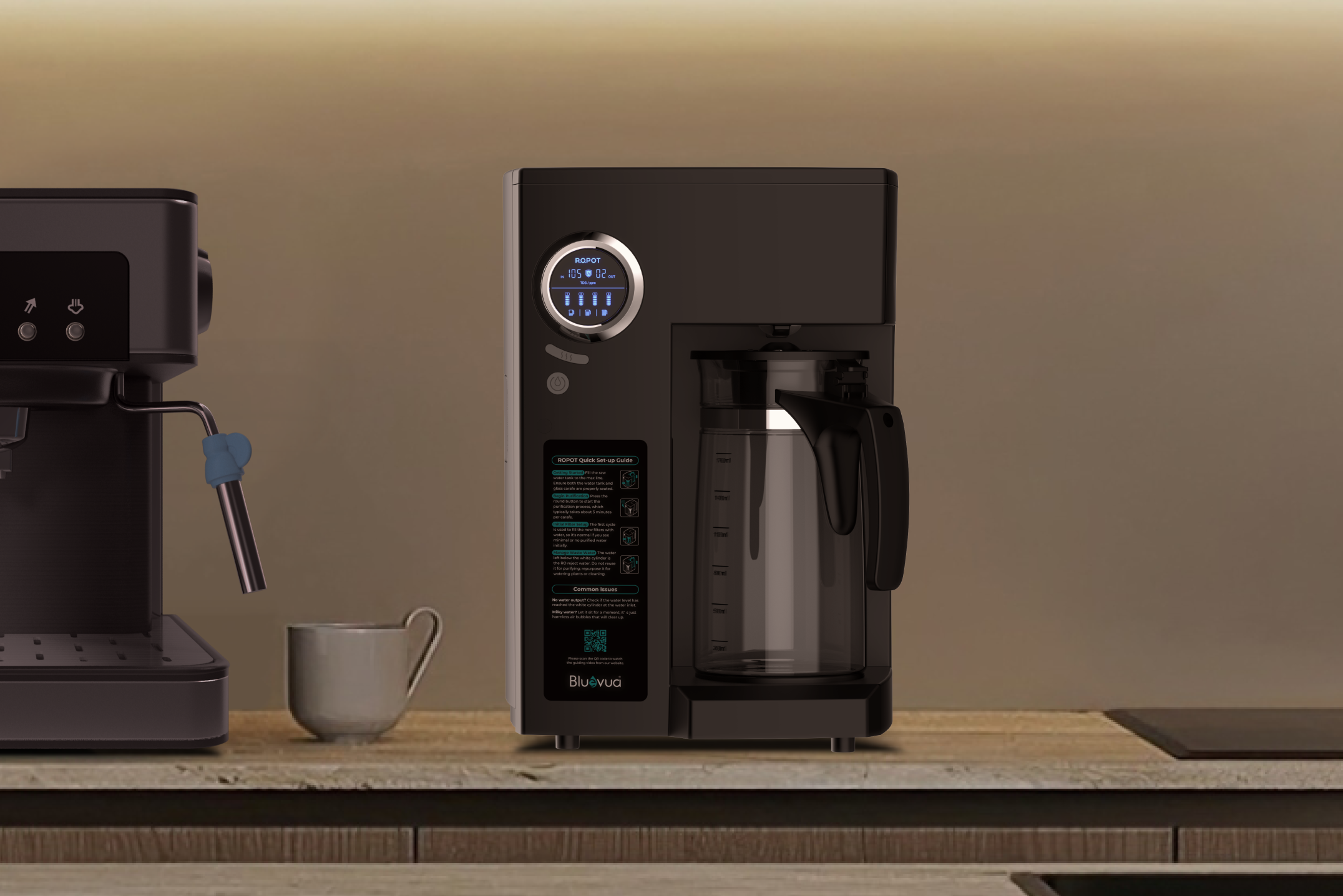
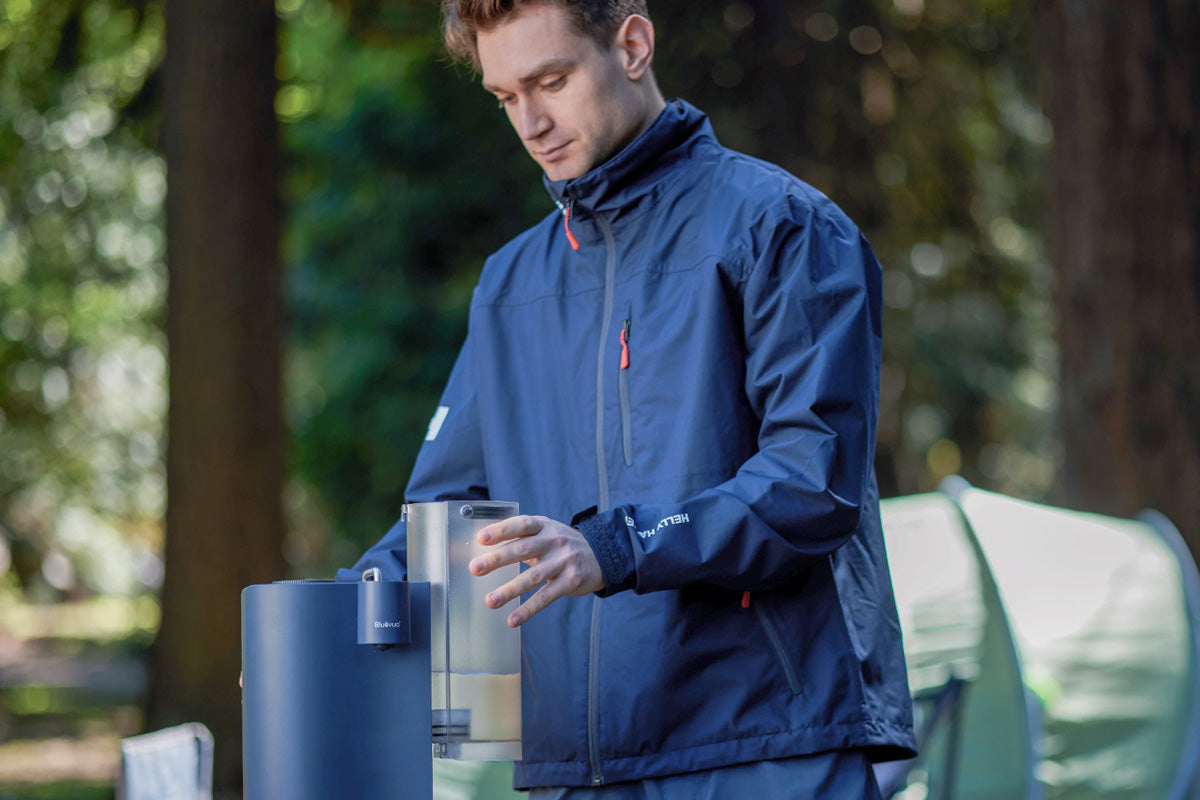
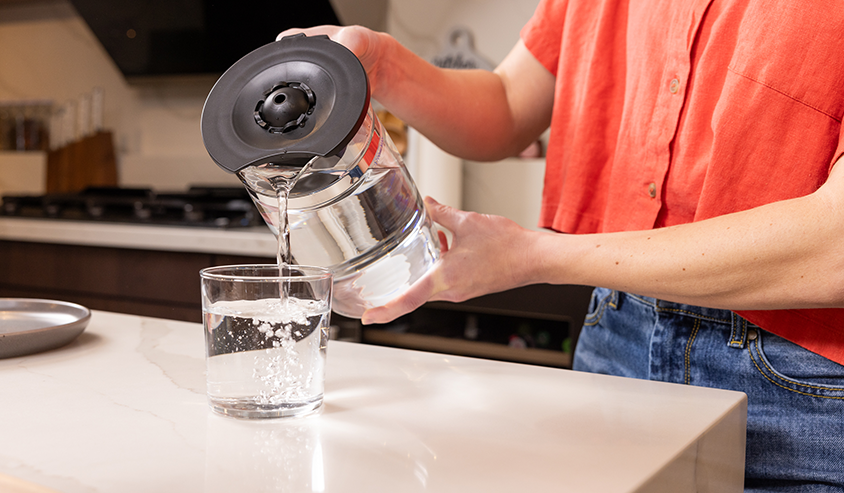
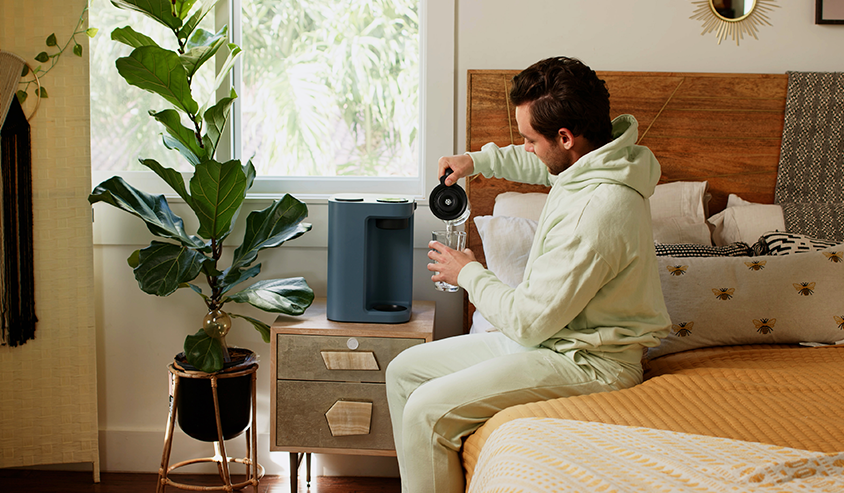
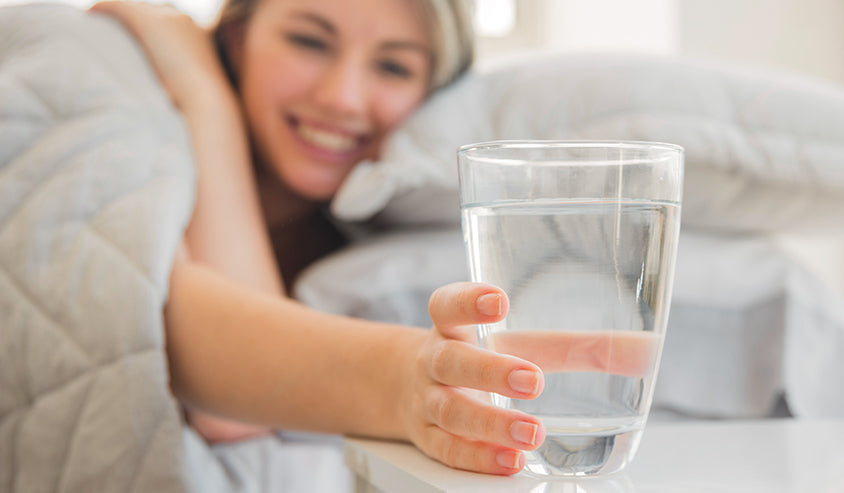
Leave a Comment
All comments are moderated before being published.
This site is protected by hCaptcha and the hCaptcha Privacy Policy and Terms of Service apply.